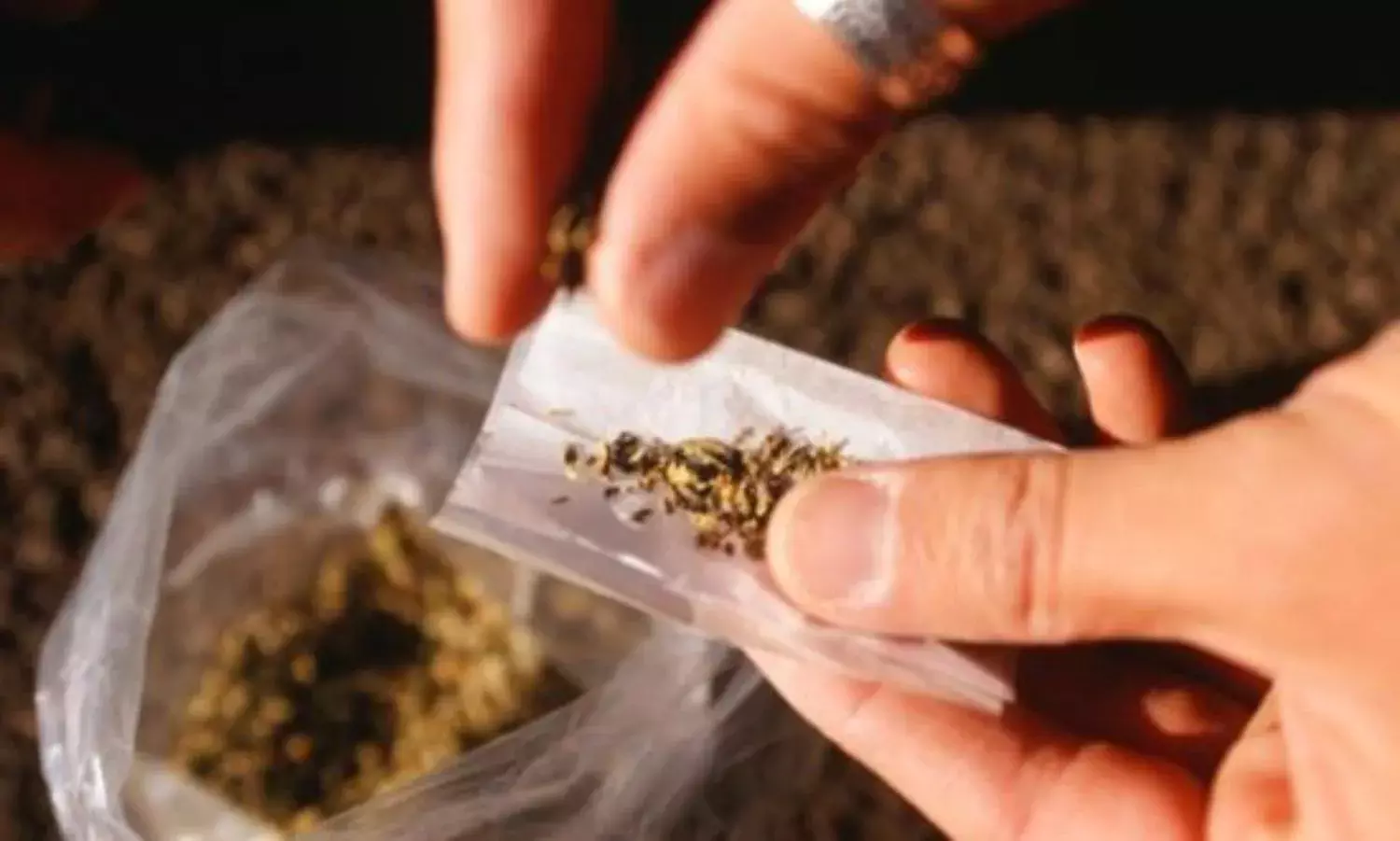Liquor Ban Brings Drugs Into Bihar
Ganja the new outlet for addiction

The liquor ban in Bihar in 2016, meant to stop the people from the consumption of alcohol, a social prohibition, is leading people towards drugs.
The government had banned alcohol after the rise in cases of violence and domestic abuse. Prohibition was also a promise made by Chief Minister Nitish Kumar for the Bihar Assembly elections in 2015.
According to Atul Kumar Giri, a 26 year old drug pedlar from Champaran district, the demand for ganja and heavier drugs has increased in the state. “Though liquor has been banned, Ganja is easily accessible, and more and more people are now buying it,” he said.
According to him, Nepal and Uttar Pradesh provide the route for transporting drugs into Bihar. Amit, who used to sell ganja (marijuana) “adjoining states like Nepal deriving more customers to the drug from alcohol.” He adds, “Areas adjoining the bordering neighbouring states like Uttar Pradesh have easy chances of smuggling drugs from these states. Nepal a neighbouring country is also a safe passage to transport drugs into Bihar.”
Amit, another drug peddlar, said he used to sell ganja to 30-100 customers daily before the liquor ban, but now the number has increased to 500 plus every day.
Despit the ban alcohol remains available, but at a higher price. Vikas Kumar (20), a resident of Patna, who is addicted marijuana said that people now pay double or more for a bottle of liquor. He said drugs had become far easier to procure, with ganja, brown sugar and smack available in Patna and other cities of the state. He said that the price of marijuana had gone up because of the demand, and the number of drug peddlars have also increased.
The data from the Narcotics Control Bureau shows that there has been a tremendous rise in drugs seized by the authorities in Bihar, indicating a shift from alcohol to substance abuse. The stats register a 1000 per cent rise in the seizures of ganja, from 14 kg in 2015 to nearly 10,800Kg in 2016.Hashish recovery has increased from 0 kg in 2015 to 115 kg in 2016. Seizure of other drugs like opium has also rose from 1.7 kg in 2015, rising to 14 kg in 2016. The sudden boom is linked to the ban of liquor in the state.
Despite this the Bihar government does not seem to be particularly bothered in checking the drug peddlars with only 114 arrests reported in 2016. The focus remains on liquor
The State Government passed the Bihar Excise (Amendment) Act 2016 making penal provisions more stringent and making the use or sale of alcohol a non-bailable offense. However, it seems to be looking the other way and refusing to recognise the growing drug menace.



